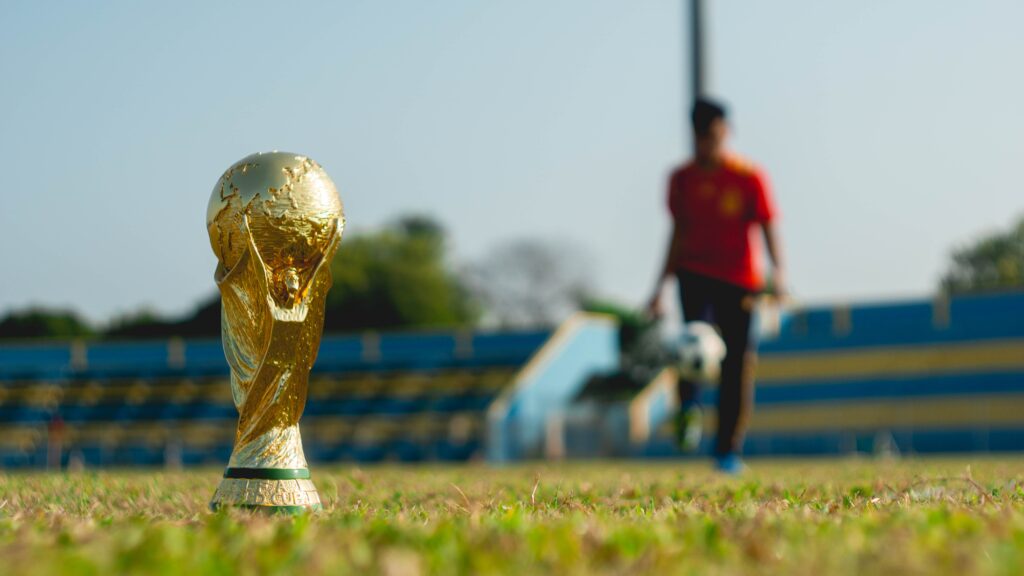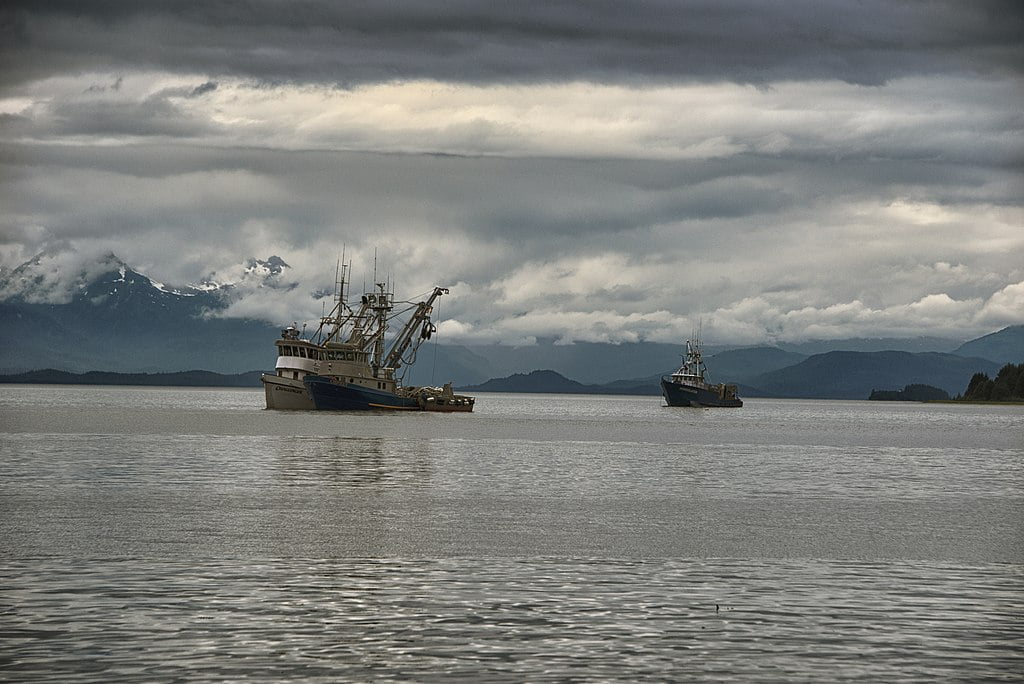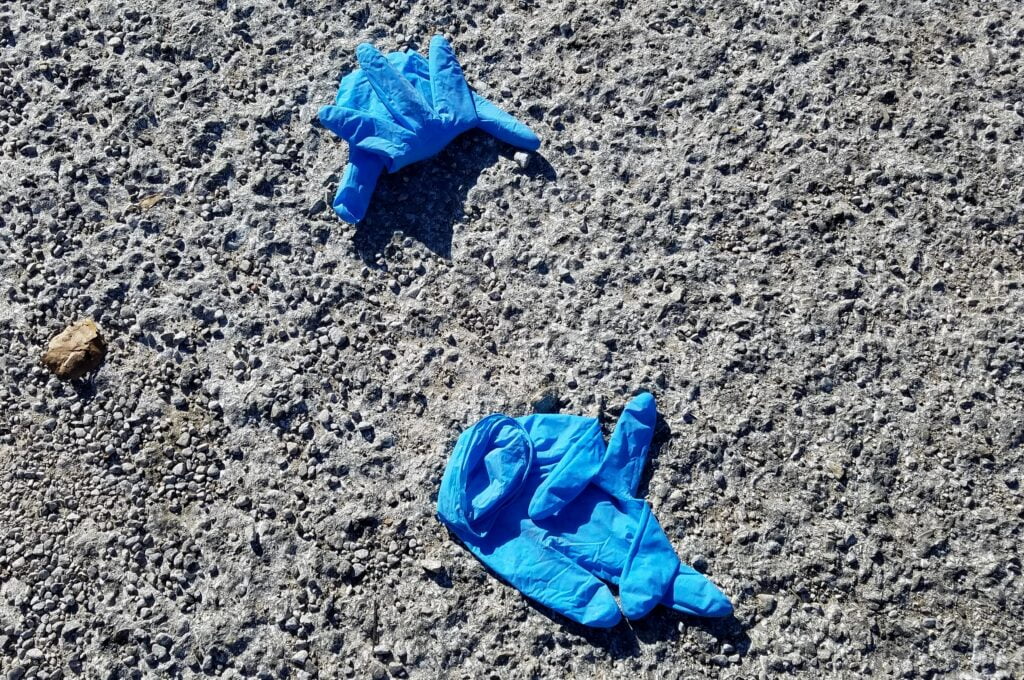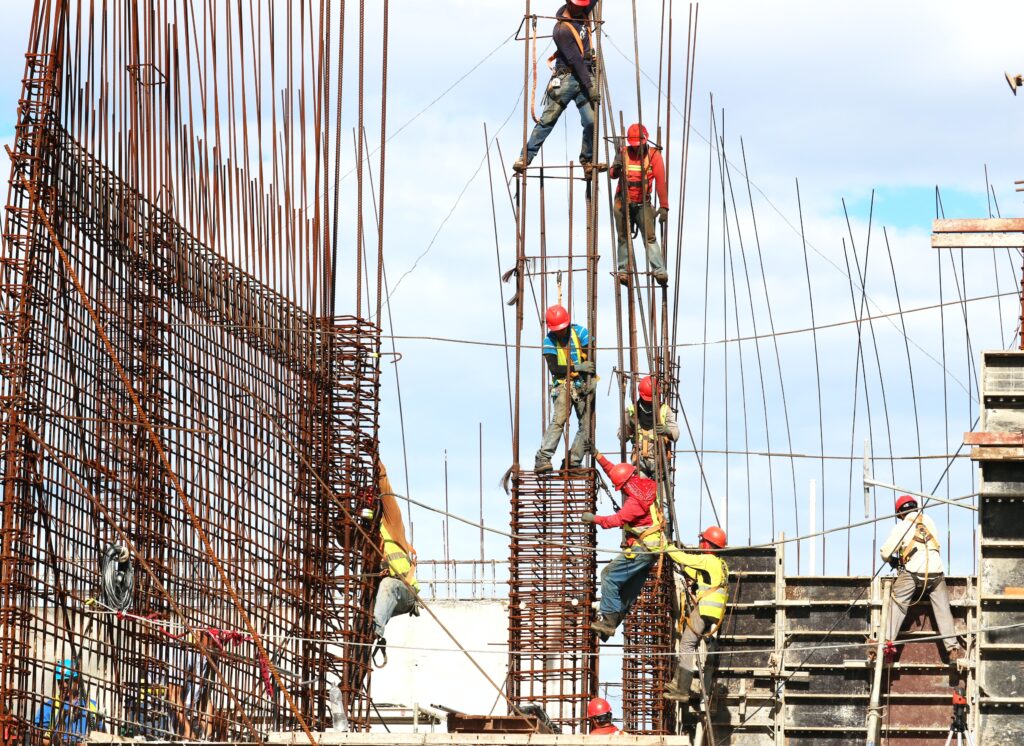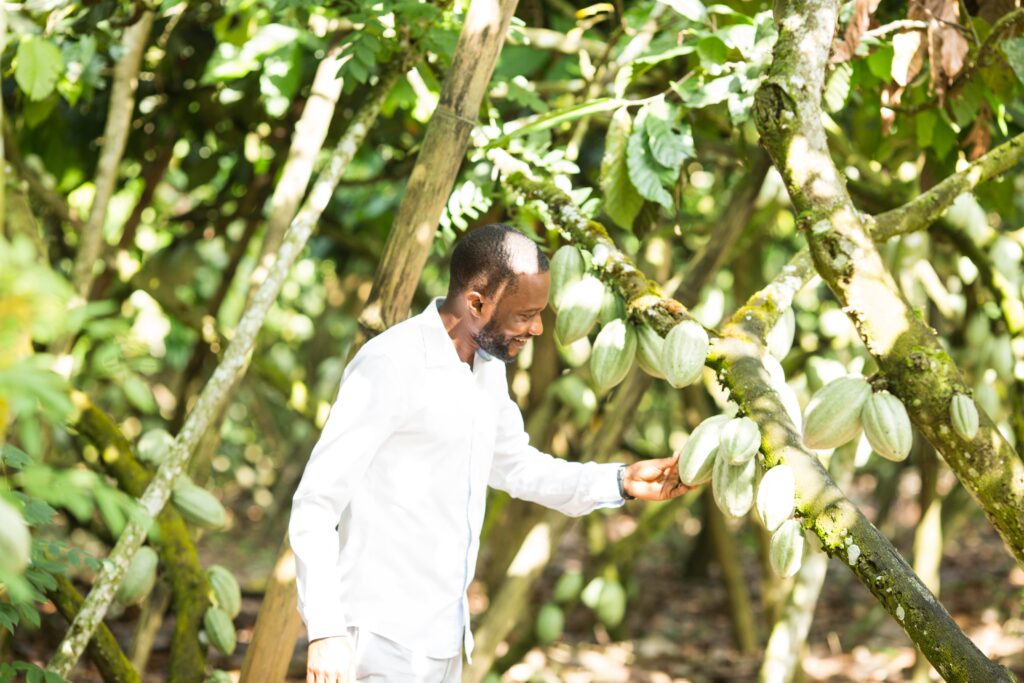The reported horrors faced by some migrant workers in Thailand’s fisheries point to a crisis affecting the world.
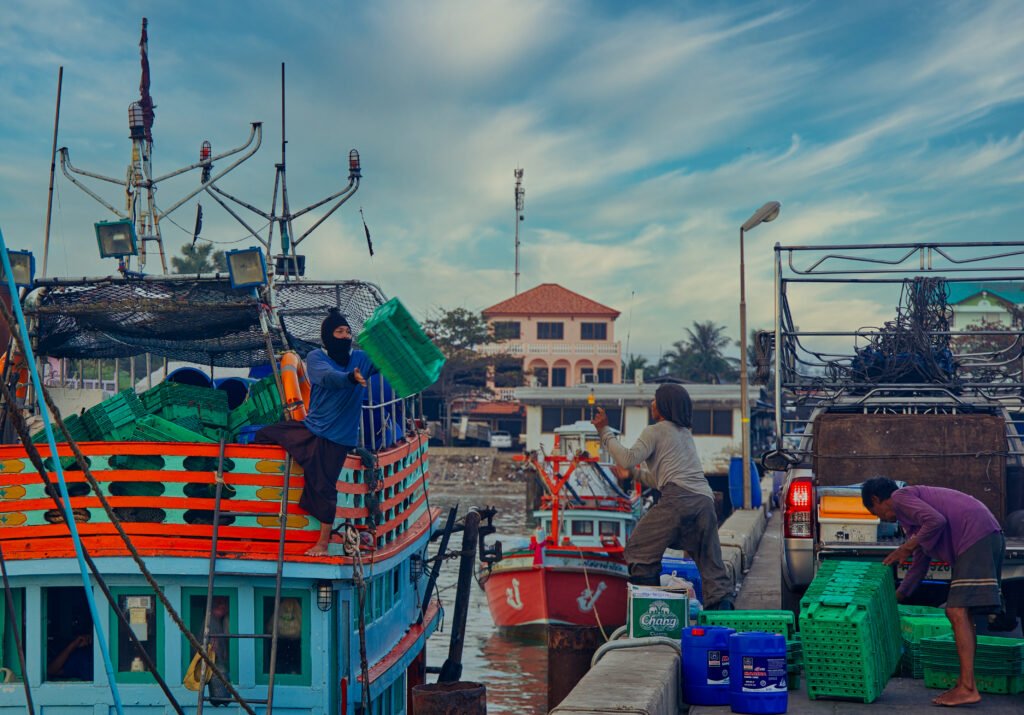 Despite many efforts, exploitation in the Thai fishing industry still occurs. Strengthening policies and legislation is a solid first step and global companies can play a bigger role to end modern slavery practices. : Troup Dresser (Flickr) CC BY-NC 2.0
Despite many efforts, exploitation in the Thai fishing industry still occurs. Strengthening policies and legislation is a solid first step and global companies can play a bigger role to end modern slavery practices. : Troup Dresser (Flickr) CC BY-NC 2.0
The reported horrors faced by some migrant workers in Thailand’s fisheries point to a crisis affecting the world.
Many migrants who sign up to work in Thailand’s fishing industry have no idea what awaits. Many are tricked and promised steady work with monthly earnings to deceive them into modern slavery.
The reported conditions are hellish: beatings, workers being thrown overboard — over half of the 49 trafficked migrants in a 2009 report had witnessed the murder of a fellow worker. More recently, a 2017 study examined the experiences of Cambodian and Burmese labourers working in Thailand’s fishing industry. It found that 76 percent of migrant workers in the Thai fishing industry had been held in debt bondage and almost 38 percent had been trafficked into the industry.
Fisheries are big business: global fisheries and aquaculture captured 179 million tonnes in 2018, and an estimated 10 to 12 percent of the world’s population worked in the fishing industry during that period. In 2019, Thailand was ranked as one of the top fish-producing nations in the world. It is also ranked as one of the highest-risk countries due to its modern slavery practices in its fishing industry, with an estimated 610,000 victims.
Migrant workers in Thailand are reported to come from neighbouring countries, enticed into leaving their homes with the promise of money and steady employment — a method used by traffickers to avoid detection by authorities. They are then employed by large fishing companies which do not keep track of those on their boats. Due to the flawed contracts, these unscrupulous practices can continue without notice.
Global companies, especially in the UK and Australia, have a role to play to end labour exploitation in Thailand’s fishing industry. Governments have a long way to go to protect and support victims but strengthening policies and legislations is a solid first step.
Existing laws, such as the UK’s Modern Slavery Act 2015 and Australia’s Modern Slavery Act 2018, have been criticised for their weak legally binding power or the lack of accountability to prosecute companies, although both have helped raise the overall awareness of modern slavery.
In 2015, Thailand’s government introduced new measures such as regulating and controlling fishing fleets. This is not thought to be effective yet. It has yet to implement a nationwide enforcement programme to tackle human rights abuses and illegal fishing, with criminals still acting with impunity.
NGOs believe the increase in slavery to be the result of misaligned government objectives, both globally and nationally. This is because although there is a need for a victim-centred approach, the Thai government, like many other countries, becomes prosecution focused, leading to victims fearing coming forward.
Multinationals such as Nestle, Tesco and Walmart are facing more scrutiny from consumers over seafood sourced from Thailand. The choices these major companies make matter: without their business, exploitative fisheries would be less empowered and the business of brutality would be less lucrative.
The International Labour Organization has developed a global action programme aimed at promoting and protecting workers’ human and labour rights by increasing the capacity of port states to address and respond to situations of forced labour in fishing and establishment a more knowledgeable consumer base of forced labour in fisheries.
But this has not decreased the amount of modern slavery in Thailand’s fishing industry. This is thought to be because of inadequate and inconsistent legal frameworks regulating fishing industries, and poor enforcement where such laws do exist, as well as slavery, being so widespread.
The UK has legislation against modern slavery introduced in 2015. Organisations in the UK must produce an annual statement which sets out the steps the company has taken to prevent modern slavery in their business and their supply chains. In practice, companies often do the bare minimum or outright neglect their responsibilities under the law with little or no consequences. This legislation only accounts for UK organisations with an annual turnover of STG36 million and above which means a large number of organisations are not obliged to produce such a statement.
The EU has threatened to ban exports from Thailand’s fishing industry. The ban may have seemed like a good move, but it would lead to fewer sales and money which would only worsen conditions for workers and increase the amount of illegal fishing. It would therefore be more difficult to manage and oversee the conditions of workers. The EU eventually withdrew this threat once Thailand made a promise to reform the illegal fishing industry in the country.
If commercial interests or legal sanctions don’t work, the last pathway for meaningful change rests with political capital. Governments are learning and more willing to act when society compels them to achieve public interest objectives. Without pressure on the Thai government to intervene, any initiatives taken by organisations are likely to be compromised.
An ambitious system launched by the Thai government to identify or assist victims of modern slavery known as PIPO (Port in-Port out) has not worked as intended. However, the activist group, Environmental Justice Foundation have reported that since 2019 the system is improving. Refinements to inspection procedures, adopting a risk-based approach to vessel inspections and increasing the number of translators present at PIPO centres have all reportedly helped bolster protections.
Despite this improvement, issues remain with monitoring, control and surveillance systems.
Molly Green is a postgraduate researcher at the University of Liverpool, UK. Green is currently writing a thesis on Modern Slavery in the UK, focusing on barriers survivors encounter when seeking support and protection, and the role of the Modern Slavery Act 2015 in addressing the issue. She can be found on Linkedin.
Originally published under Creative Commons by 360info™.


